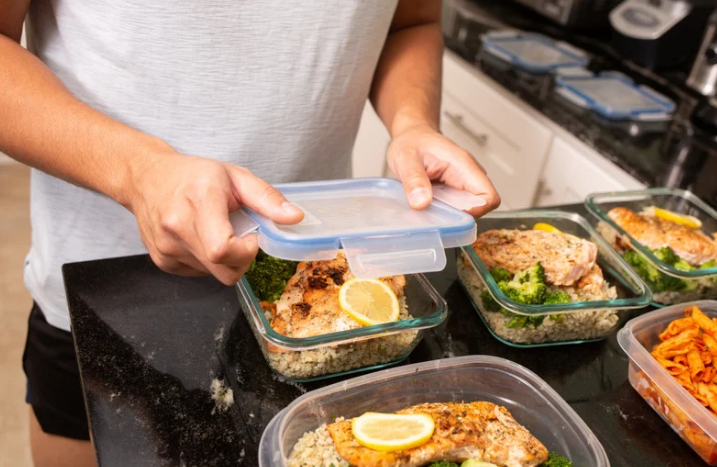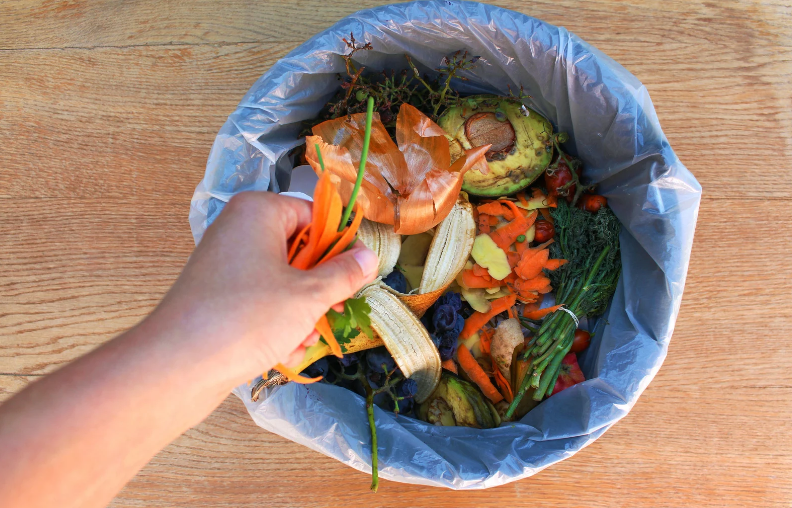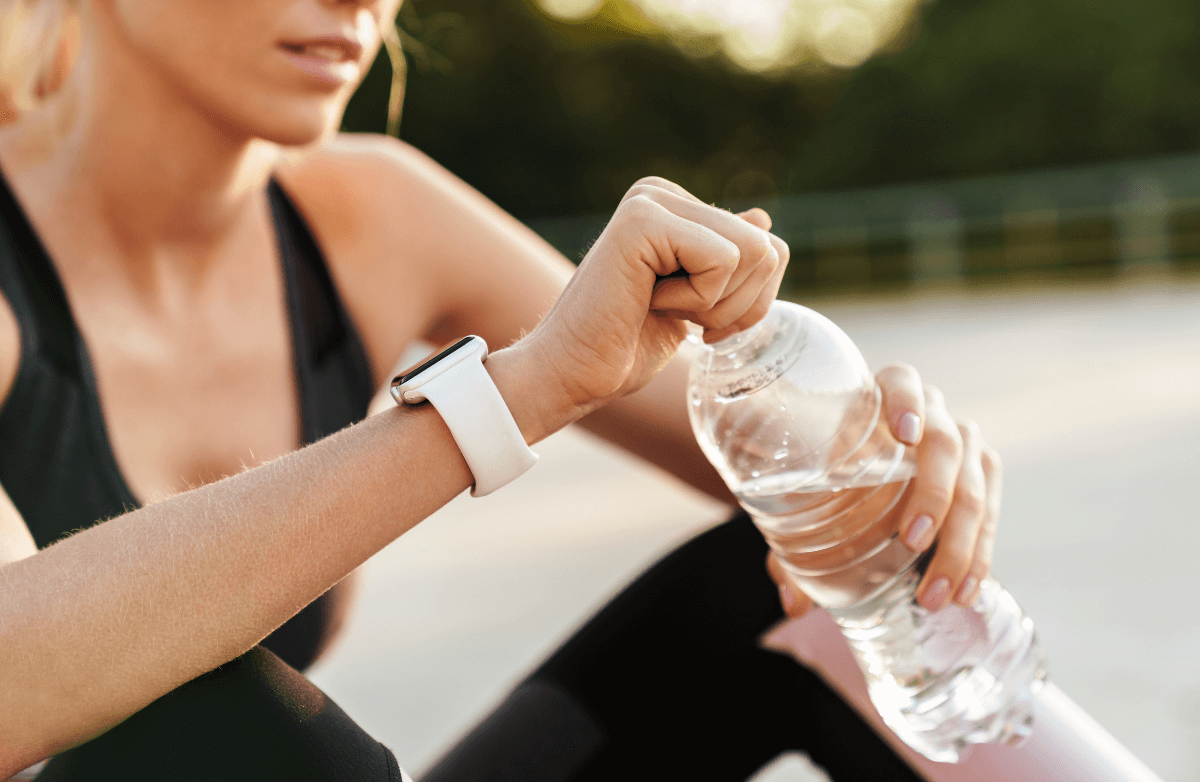Research has shown that exercise can improve your quality of life if you suffer from IBS. A study published in the journal Clinical Gastroenterology and Hepatology found that a higher BMI was more likely to be associated with gastrointestinal (GI) pain, whereas a healthy diet and regular physical activity were associated with fewer GI symptoms.
So how does exercise help if you suffer from IBS? Most doctors consider stress to be one of the triggers of irritable bowel symptoms. Although stress doesn't directly cause IBS, it can aggravate the condition. Exercise helps relieve both physical and mental stress. Physically, exercise warms and relaxes cold, tight muscles. During exercise, the bowel typically quiets down because blood is being pumped to other parts of the body. If you exercise regularly and become more physically fit, the bowel may tend to relax even during non-exercise periods.
In terms of mental stress, many doctors believe that IBS has psychological origins. When someone is under a great deal of stress, they are more prone to mental strain, which can then lead to physical problems. Exercise helps tackle the psychological origins of stress by triggering the release of endorphins (brain chemicals that improve mood and promote a sense of well-being). Stress has not been proven to cause IBS, but it can certainly make it worse. That's why it's so important to keep your stress levels under control.
So what kind of exercise is best for someone who has IBS? Although physical activity in general will help, certain activities have been shown to reduce stress levels:
- Yoga reduces stress by encouraging deep, rhythmic breathing. It also promotes relaxation by increasing the flow of blood and oxygen to each part of the body.
- Stretching exercises stimulate receptors in the nervous system that decrease the production of stress hormones. In addition, stretching exercises release tension and increase blood flow to the muscles.
- Pilates connects the mind, body, and spirit, which can help you manage stress more effectively. Its goal is to improve flexibility and strength, creating a balance between the two. Participants gain and develop body awareness through different exercises and stretches, which target specific muscle groups.
- Activities that you enjoy. The more you like what you're doing, the greater the chances that you'll stick with it and feel good about exercising!
Regular exercise is going to make you more physically fit and give you a good way to deal with stress. Both of these benefits are helpful when fighting the symptoms of IBS. The better you feel, the less likely it is that IBS will negatively impact your quality of life. So start exercising and start feeling better today!













